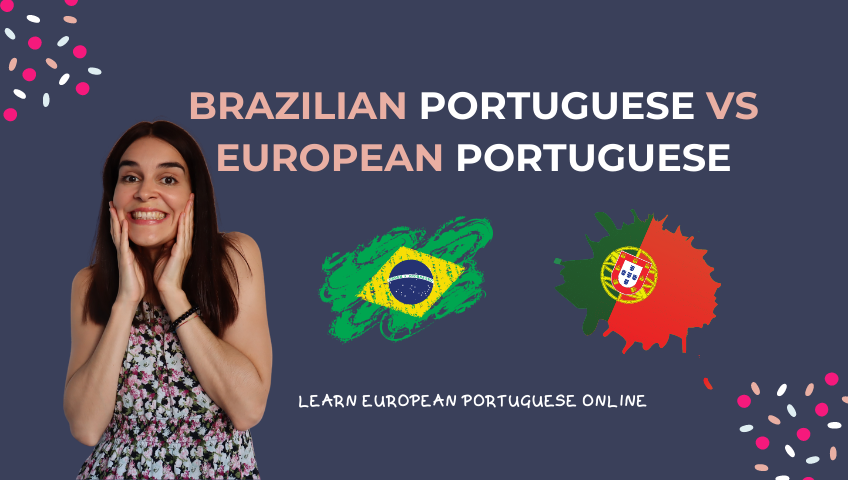It s easier for people from portugal to understand brazilian portuguese than it is for brazilians to understand european portuguese

It’s Easier for People from Portugal to Understand Brazilian Portuguese than it is for Brazilians to Understand European Portuguese

When it comes to the Portuguese language, there are notable differences between the versions spoken in Brazil and Portugal. While both variations share a common origin, they have evolved separately over time, resulting in distinct pronunciations, vocabulary, and even grammar. Interestingly, it is generally easier for people from Portugal to understand Brazilian Portuguese than it is for Brazilians to understand European Portuguese. In this article, we will explore the factors that contribute to this linguistic phenomenon.
Firstly, let us consider the historical and geographical aspect. Portugal, being the origin of the Portuguese language, has a significant historical influence on Brazil. When Portuguese explorers arrived in Brazil during the 16th century, they brought their language along. However, as the centuries passed, with Brazil gaining independence from Portugal in 1822, the country evolved independently, incorporating other languages and cultural influences into its Portuguese. The result is a more vibrant and diverse Brazilian Portuguese, with influences from native languages, African languages, and immigrant sources. In contrast, European Portuguese remained relatively more traditional and unchanged.
The differences in pronunciation between the two versions also contribute to the perceived difficulty in understanding. Brazilian Portuguese has a softer pronunciation and a more rhythmic cadence compared to European Portuguese. Brazilians tend to blend or “swallow” some sounds, making the pronunciation less precise and distinct. On the other hand, European Portuguese pronunciation tends to be more articulate and conservative, with some vowel sounds pronounced differently.

Furthermore, vocabulary is another aspect that sets Brazilian Portuguese apart from its European counterpart. Over time, unique words and expressions have emerged in both regions, reflecting their distinct cultures and experiences. Words for everyday objects, food, and even idiomatic expressions can vary significantly between the two versions. For example, the word “bus” is “ônibus” in Brazilian Portuguese, while it is “autocarro” in European Portuguese. These variations in vocabulary can be a source of confusion and difficulty in understanding for Brazilians trying to comprehend European Portuguese.
Additionally, grammatical differences between the two versions can also cause challenges in comprehension. European Portuguese tends to adhere more strictly to complex grammatical rules, while Brazilian Portuguese has a more relaxed approach, incorporating simpler structures and often omitting certain verb forms. For Brazilians, grasping the precise use and structure of European Portuguese can be an additional hurdle.
Despite the linguistic discrepancies, it is essential to note that speakers of both versions can eventually adapt and understand each other through exposure and practice. There is a great deal of exposure to Brazilian Portuguese in Portugal due to media, entertainment, and cultural exchange. This regular exposure, coupled with the inherent differences that make Brazilian Portuguese more accommodating, contributes to the relative ease with which Portuguese speakers from Portugal can understand their counterparts from Brazil.
In summary, the historical, geographical, phonetic, lexical, and grammatical differences between Brazilian and European Portuguese contribute to the asymmetry in understanding. While it is generally easier for people from Portugal to comprehend Brazilian Portuguese, the linguistic variations should be celebrated as they reflect the unique cultural identities of both regions.
Tags
Share
Related Posts
Quick Links
Legal Stuff

